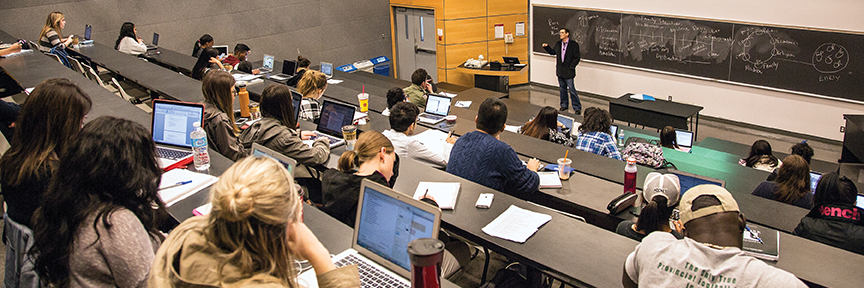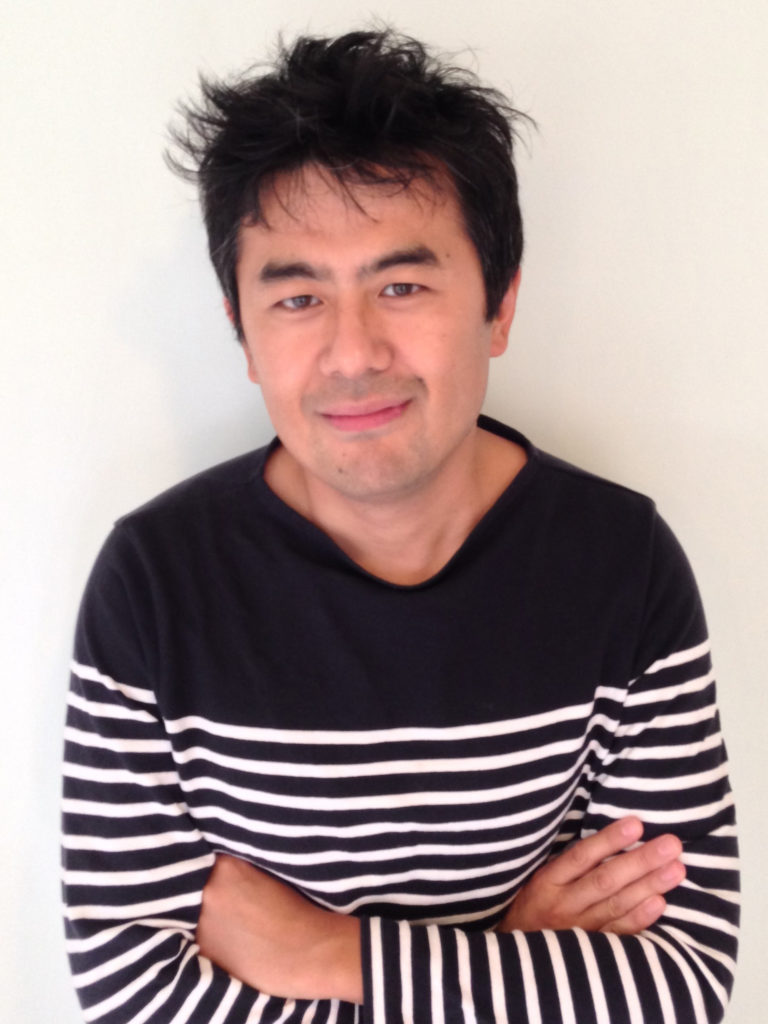
On Nov. 10, the Cognitive Science Speaker Series returns with a discussion titled “Good Enough is Better than Best” featuring Professor Charles Yang, director of Undergraduate Studies in Cognitive Science at the University of Pennsylvania.

What is the past participle of the verb “stride”? I stride down the street, you strode down the street and they have _____ down the street.
The thought is perfectly natural, but the linguistic form is not available for speakers of (North) American English. Why not “they have strode down the street”? After all, the vast majority of verbs have the same form for past tense and participle: “walk-walked-walked”; “jump-jumped-jumped”; “think-thought-thought”; “sleep-slept-slept."
Language is famous for being infinitely productive: when “Google” became a verb in English, no one hesitated to add “-ed” (“Googled”), despite the fact that the rule (“add -ed”) has quite a few exceptions – namely, the irregular verbs. But language also has a soft underbelly where rules break down: we are bound by experience and refuse to generalize, as in the case of “stride."
It turns out that rule learning in language requires a delicate calibration of evidence. We form generalizations when the supporting evidence is sufficient, or good enough, even though some residual exceptions may remain. This enables children in a linguistic community to learn essentially the same rules, even though their individual experience with language (e.g. vocabulary) can vary significantly. In this talk, Yang will offer a precise theory of how good is good enough.
"Good enough" learning protects the learner from over-fitting, a problem that plagues modern machine learning systems, which are invariably predicated on some optimization principle: maximize the probability of the training data, minimize the error term for the learning function. Insights from how biological systems learn may prove necessary for the development of robust learning and artificial intelligence systems.
The Cognitive Science Speaker Series is presented by York University’s Department of Philosophy in the Faculty of Liberal Arts & Professional Studies. All talks take place on Wednesdays from 12:30 to 2:30 p.m. via Zoom. Prior to each talk, the Zoom link will be emailed to all students and faculty from the cognitive science and philosophy departments. Those who want to attend but are not in those departments can email Professor Jacob Beck at jbeck@yorku.ca from a York email address to request the Zoom link.
